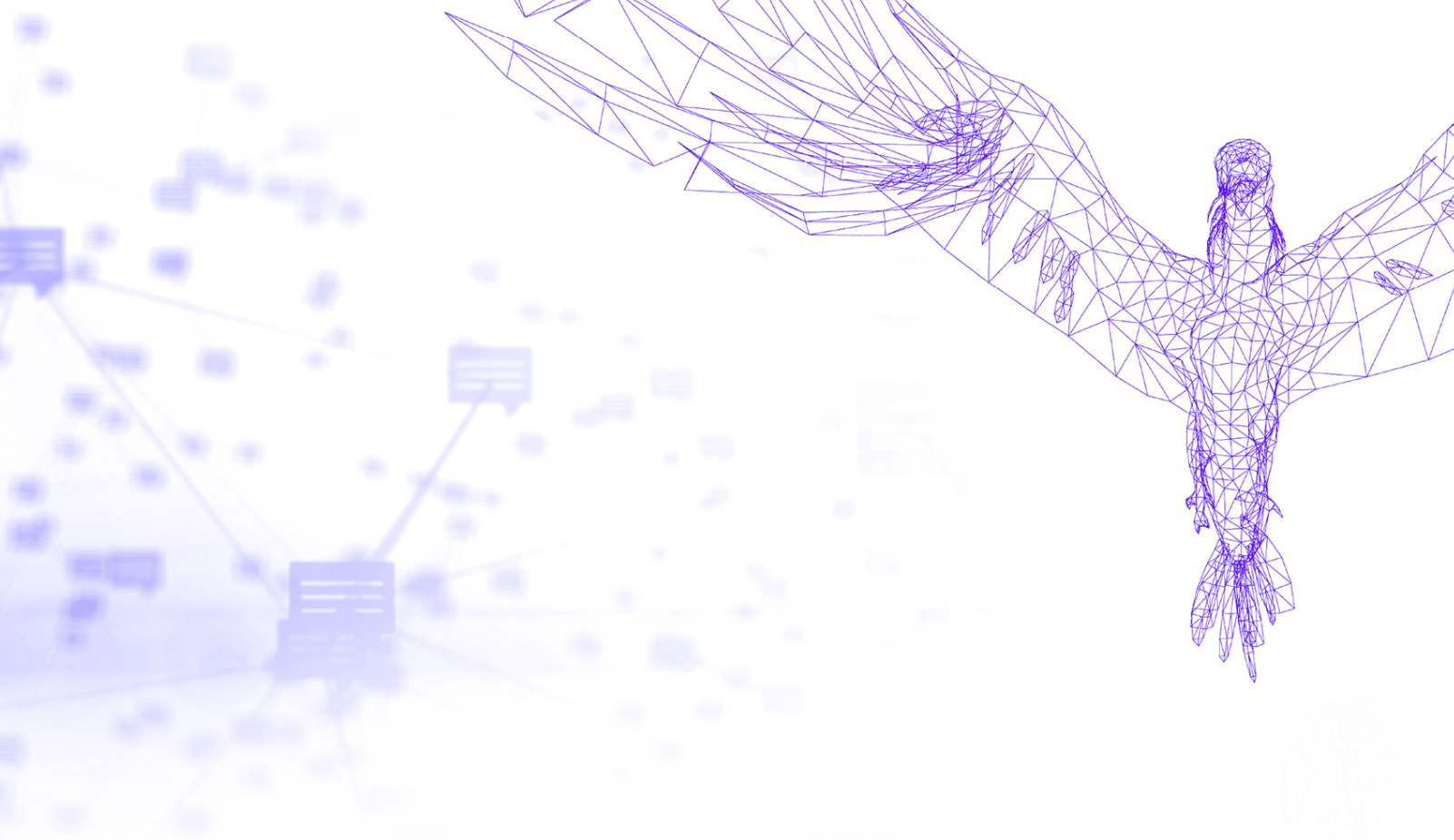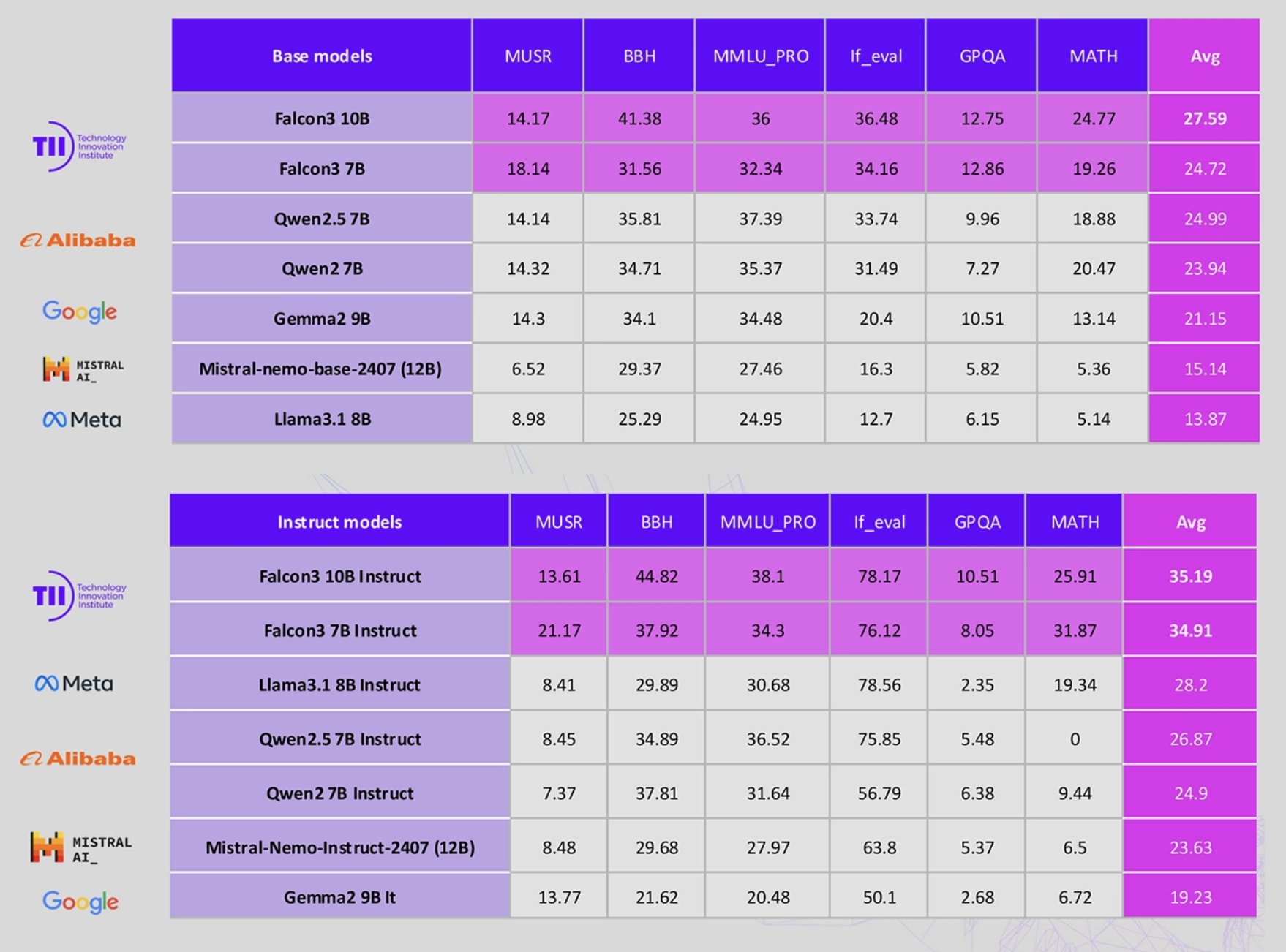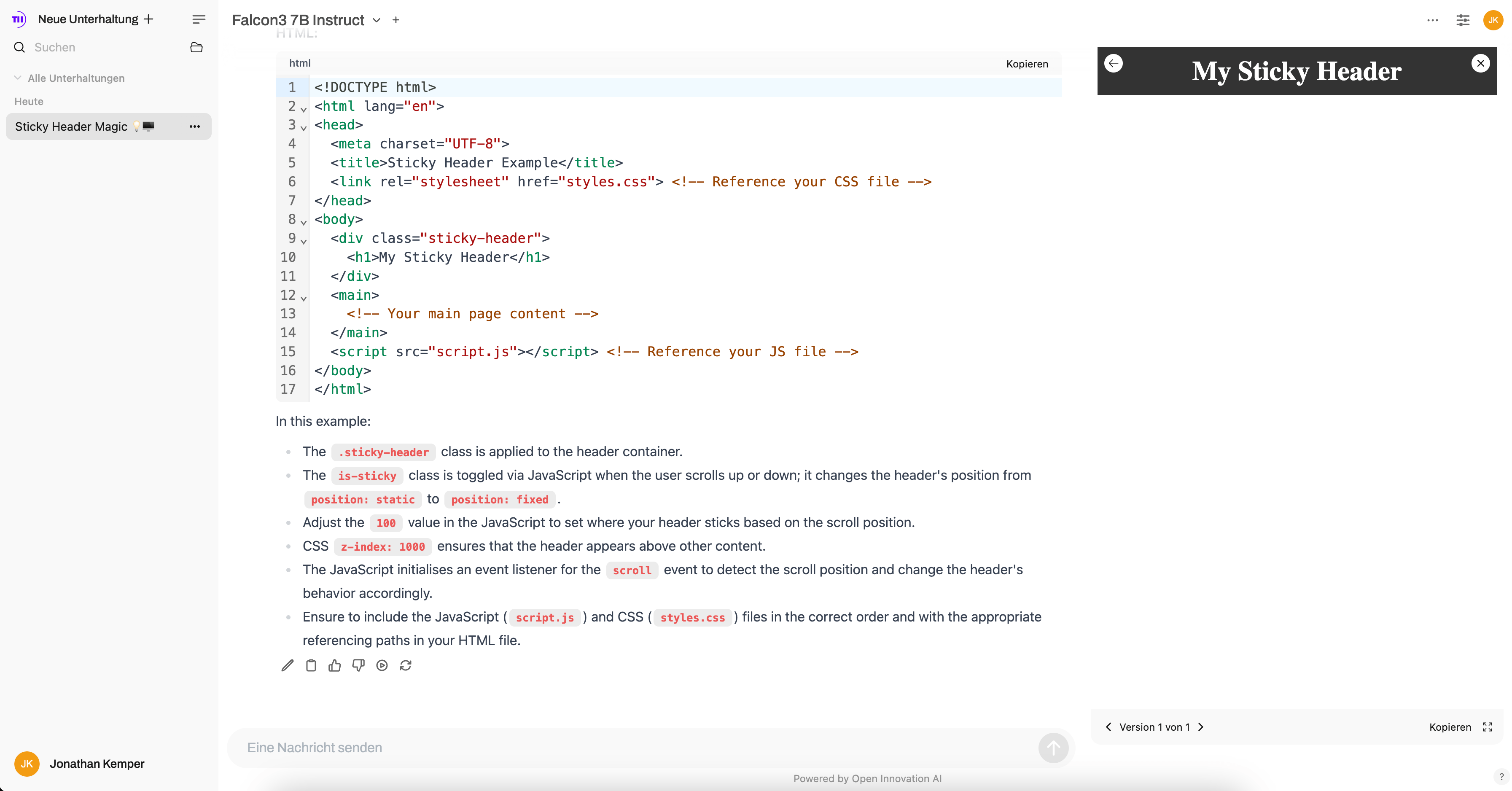Falcon 3 series sets new benchmarks for open-source LLMs on a single GPU

Abu Dhabi's Technology Innovation Institute (TII) has released Falcon 3, its latest generation of open source AI models. According to TII, the new models set performance records specifically for AI systems that can run on consumer hardware.
The new Falcon 3 series was trained on 14 trillion tokens - more than double the 5.5 trillion tokens used to train its predecessor, Falcon 2. TII says the expanded training data helped Falcon 3 achieve leading performance across multiple benchmarks, particularly among models designed to run on a single GPU.
In key benchmarks, Falcon 3 beats similarly sized competitor models from Mistral, Alibaba, Meta, and Google. At launch, the model claimed the top spot in Hugging Face's third-party language model rankings, outperforming other open-source models including Meta's Llama-3.1-8B, Qwen2.5-7B, Mistral's NeMo-12B, and Google's Gemma2-9B.

Different models for different needs
The series consists of four different model sizes: Falcon-3-1B, -3B, -7B and -10B. Each model is available in a base version for general tasks and an Instruct version for conversational applications.
While TII offers specialized editions for English, French, Spanish, and Portuguese, all models can handle most common languages.
The institute designed the models for easy integration, making them compatible with standard APIs and libraries. For specialized hardware setups, TII also provides resource-efficient, quantized versions.
Multimodal capabilities coming in 2025
Early in 2025, TII plans to expand the Falcon 3 Series with models focused on multimodal capabilities, including image, video, and voice processing. For now, all current models are available for download on Hugging Face, with full benchmark details available on TII's official website.
The institute has also released a free chatbot where users, developers, and researchers can try out the different models and provide feedback. In terms of design, TII was clearly inspired by ChatGPT, implementing similar features such as project folders and artifacts.

The models are licensed under the TII Falcon License, an open-source license based on Apache 2.0 with guidelines to promote responsible AI use.
Like Microsoft's recent Phi-4, which relies on high-quality training data supplemented by synthetic data, Falcon 3 shows that smaller models can deliver great performance, at least in benchmarks.
AI News Without the Hype – Curated by Humans
As a THE DECODER subscriber, you get ad-free reading, our weekly AI newsletter, the exclusive "AI Radar" Frontier Report 6× per year, access to comments, and our complete archive.
Subscribe nowAI news without the hype
Curated by humans.
- Over 20 percent launch discount.
- Read without distractions – no Google ads.
- Access to comments and community discussions.
- Weekly AI newsletter.
- 6 times a year: “AI Radar” – deep dives on key AI topics.
- Up to 25 % off on KI Pro online events.
- Access to our full ten-year archive.
- Get the latest AI news from The Decoder.